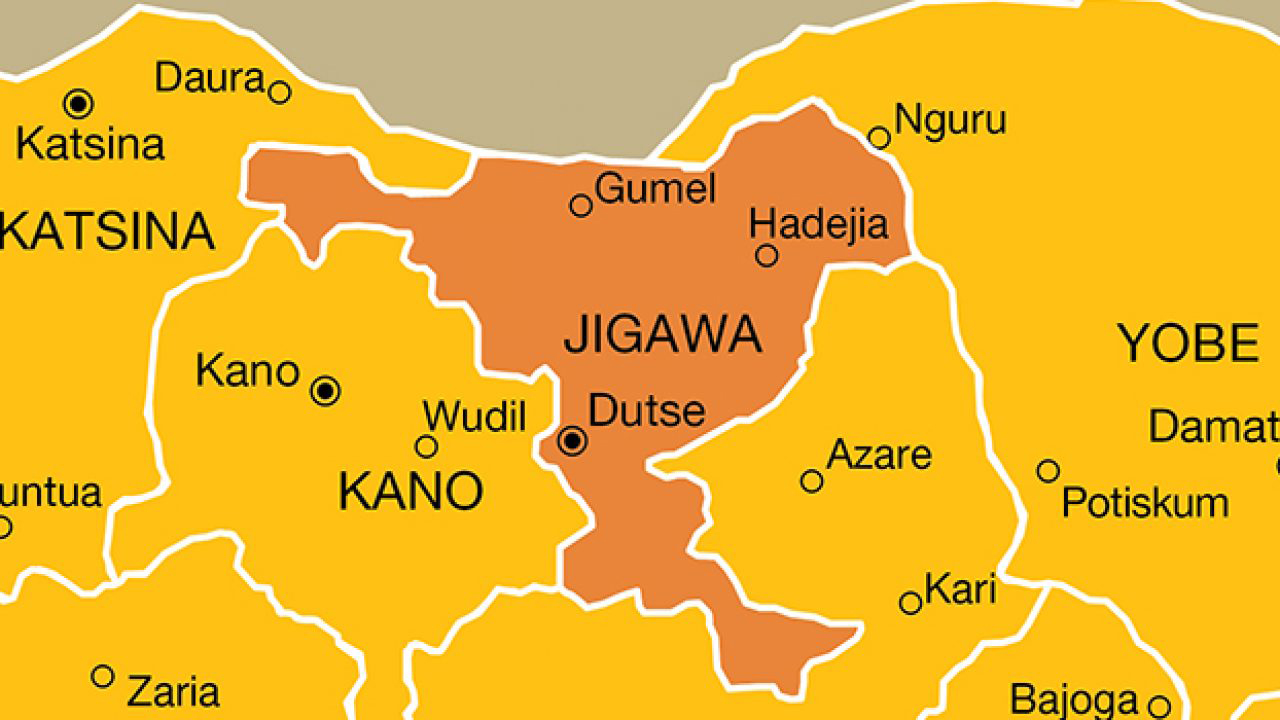Jigawa sets up panel to probe Ramadan feeding
The Jigawa Executive Council on Monday set up a six-member committee to investigate the 2024 Ramadan feeding in the Babura local government area of the state. This is contained in a statement issued by Commissioner for Information, Youths, Sports and Culture, Mr Sagir Musa. The commissioner said the interim report for the 2024 Ramadan feeding […]

The Jigawa Executive Council on Monday set up a six-member committee to investigate the 2024 Ramadan feeding in the Babura local government area of the state.
This is contained in a statement issued by Commissioner for Information, Youths, Sports and Culture, Mr Sagir Musa.
The commissioner said the interim report for the 2024 Ramadan feeding presented before the Council by Commissioner for Special Duties, reported that the sum of N2.1 million was spent on Iftar.
The committee, he said, was given two weeks within which to report its findings to the council.
- Sallah: DSS raises alarm over planned attacks on Fulani communities in Plateau
- UNDP offers N200m support to MSMEs in Bayelsa
He said the committee has the Head of Service as chairman and commissioners for Special Duties, Justice, Agriculture, and Information, as members.
The Personal Press Secretary to the state Governor, he added, would serve as Secretary.
NAN reports that Governor Umar Namadi on Friday suspended the state commissioner for Commerce Alhaji Aminu Kanta over the alleged misappropriation of funds allocated for the Ramadan iftar feeding programme in the Babura local government area.
The state government said the suspension was with immediate effect until the determination of the investigative committee set up by the state governor to probe the allegation.
According to the government, the action taken by the state governor was part of his efforts to ensure financial accountability and prudent management of public funds.
It could be recalled that the State Executive Council (SEC) had approved the release of N2.8 billion for Ramadan Iftar feeding across the 27 local government areas of the state.
Under the programme, 600 centres were created with a minimum of two feeding points in every political ward, and some designated centres at every higher institution in the state, while a minimum of 300 people are fed daily at every centre. (NAN)
